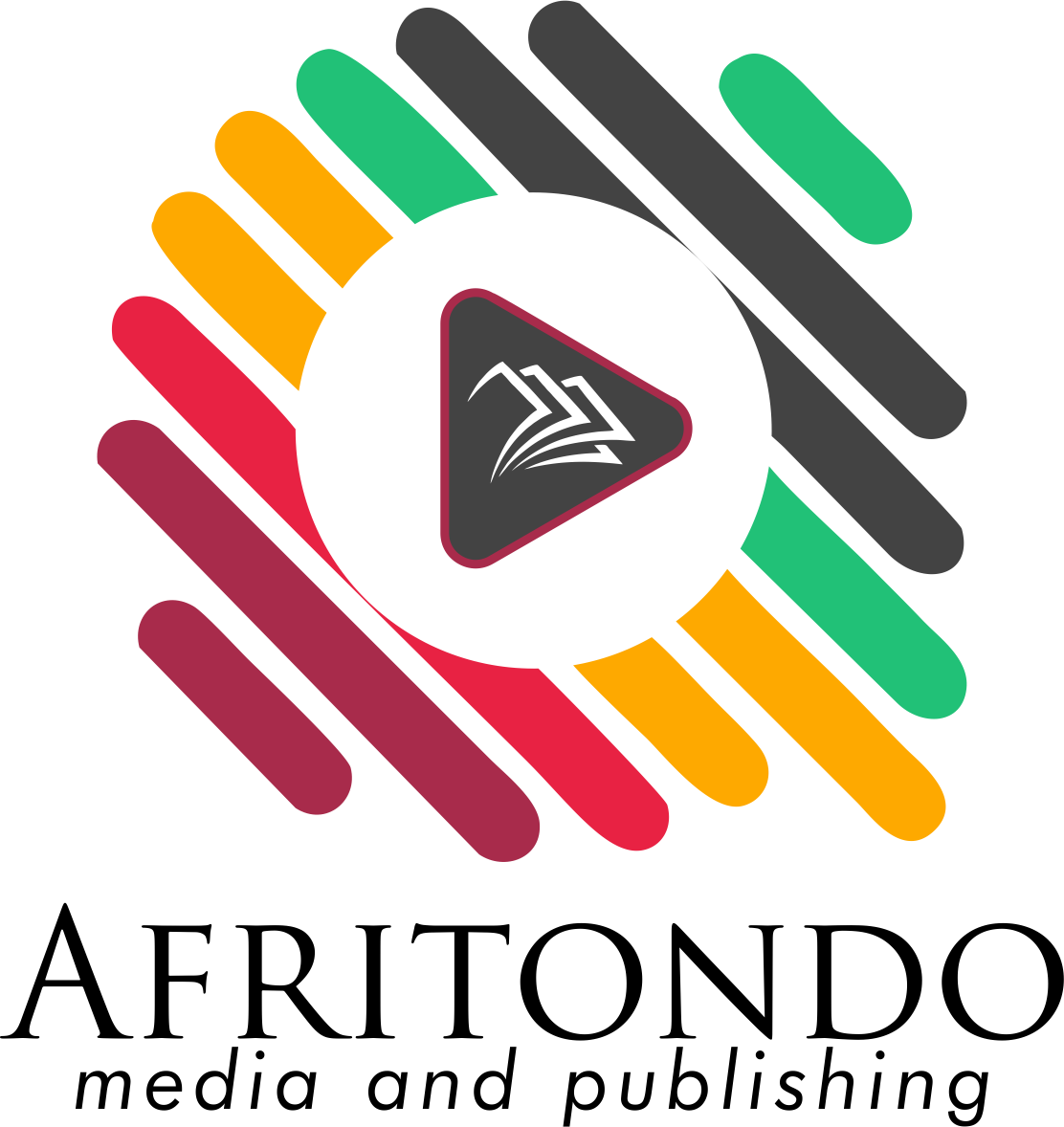You are African but you are you too
Photo: Jackson David
The issue of expressing our African identity is a well traversed one. That notwithstanding, it is one that must not be pushed to the extreme lest we lose our individual identities and forget why we do what we do.
I remember one time I saw a movie (the name does not readily come to mind) with a predominantly African cast. It was a funny, simple, movie—something you watch after a long hard day to take the edge off.
I enjoyed the movie so much that I shared it with a friend. He too found it funny albeit with strong reservations. He believed that the movie was greatly lacking because it did not push an ‘African’ theme or perspective. In his view, Africans must incorporate and propagate African ideas in more or less every work of art and entertainment. I was somewhat flustered by this position. Was he saying we couldn’t just be funny for the sake of it?
While I agree that African culture should be flaunted unabashedly, I do not think it should be at the epicenter of every artwork, novel, song, or poem written by an African. I believe that art is, first and foremost, an expression of one's self. And, sometimes, that content could be just comedy devoid of any ‘message’ or idea. Every production or content does not have to be about our history, culture, struggle, and trials. Our books and films do not always have to cry out: “Hey, I'm African and this is my colonial past!"
Our works can be funny too, and be just that. We can be moody; we can be happy; we can be sad, and we can cry without having to tie everything to a cultural or historical African identity. Our works can just be us, as individuals, expressing ourselves in ways we know best, without having to push an African agenda.
Most times I watch a Western or non-African movie or read a book, I get the feel that they tell their stories freely—that they are not burdened by the weight of pushing an agenda or making a point. It almost feels like they are writing just for the heck of it—to tell an interesting story or entertain an audience. Creativity is what counts. I believe this is a better approach than, as my friend would want, having to be cautious so no one accuses us of not expressing our stories the right way.
Ok, I may be wrong and my friend’s view may not represent the majority but it is one I have heard a few times. Yes, as Africans we must tell our stories with pride and fervour. We can also express ourselves—our individual and unique selves. And yes, the two can be mutually exclusive.
You are African, but you are you too.
About the author
Ezinne Njoku is a 23-year-old graduate of Mass Communication living in Lagos, Nigeria. She writes because she loves to, and hopes to continue to do so in a way that inspires.

